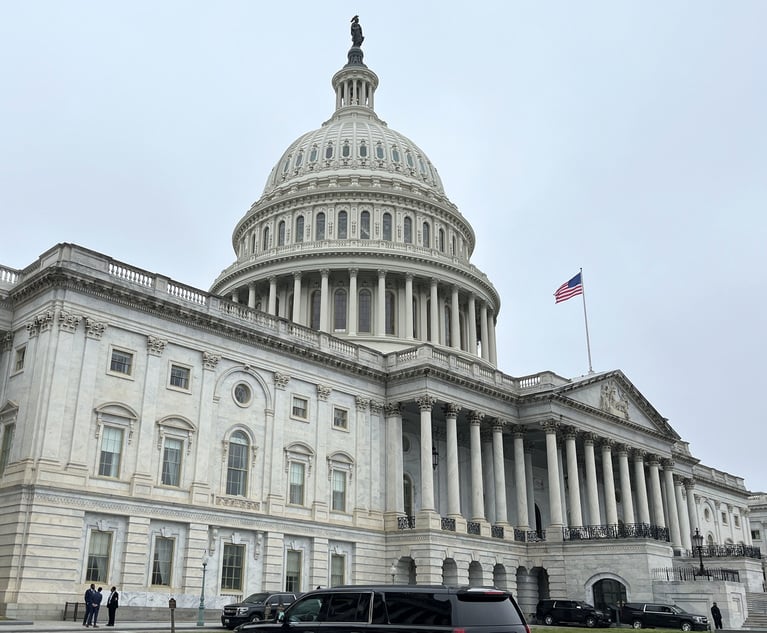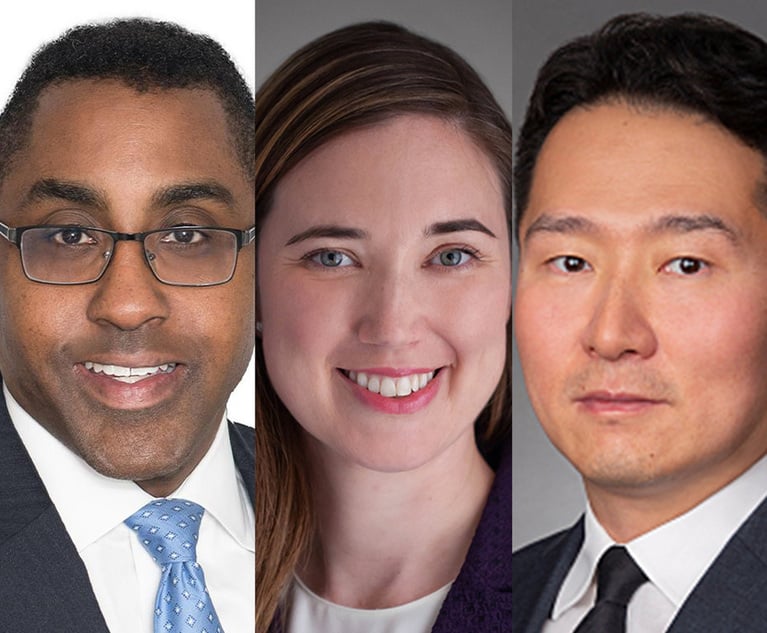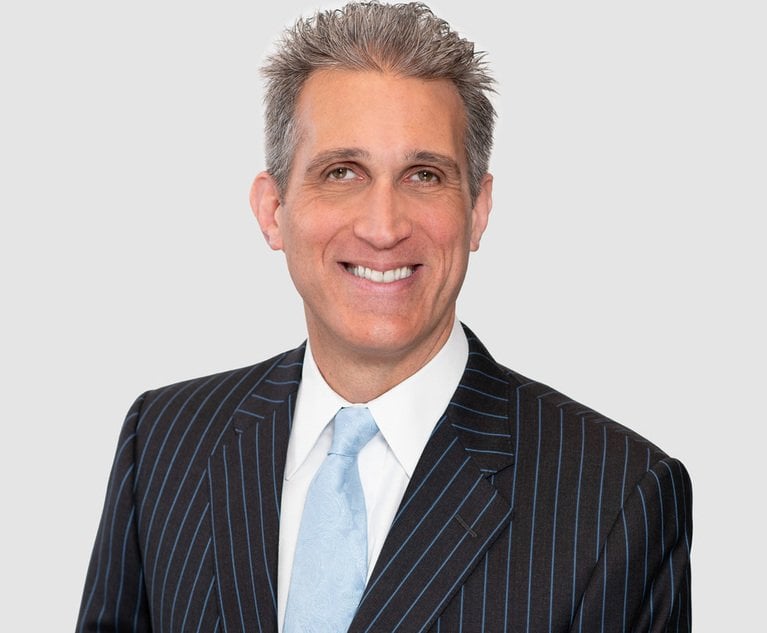One of the most powerful tools on social media is the “block” feature. It allows a social media user to silence the haters and drown out the critics, while curating a more friendly social media feed. But after the U.S. Supreme Court decisions in Lindke v. Freed and O’Connor-Ratcliff v. Garnier, public officials across the country may have just lost their most powerful social media tool—and litigation is surely to follow.
In Lindke, the Supreme Court addressed when a public official may block a user from commenting on the public official’s social media page. The answer ultimately turns on whether the public official was acting in their “official” state capacity or in their “private” capacity as a private citizen. While this issue has percolated in the lower courts for years, the Supreme Court has now created a framework for determining when a public official speaks in their “official” capacity on social media. A public official’s social media activity is “official” and attributable to the State if the public official “possessed actual authority to speak on the state’s behalf, and purported to exercise that authority when he spoke on social media.” See Lindke v. Freed, 598 U.S. __ (2024), at 8.


 Oliver Roberts, left, and Jason Torchinsky, right, of Holtzman Vogel
Oliver Roberts, left, and Jason Torchinsky, right, of Holtzman Vogel





